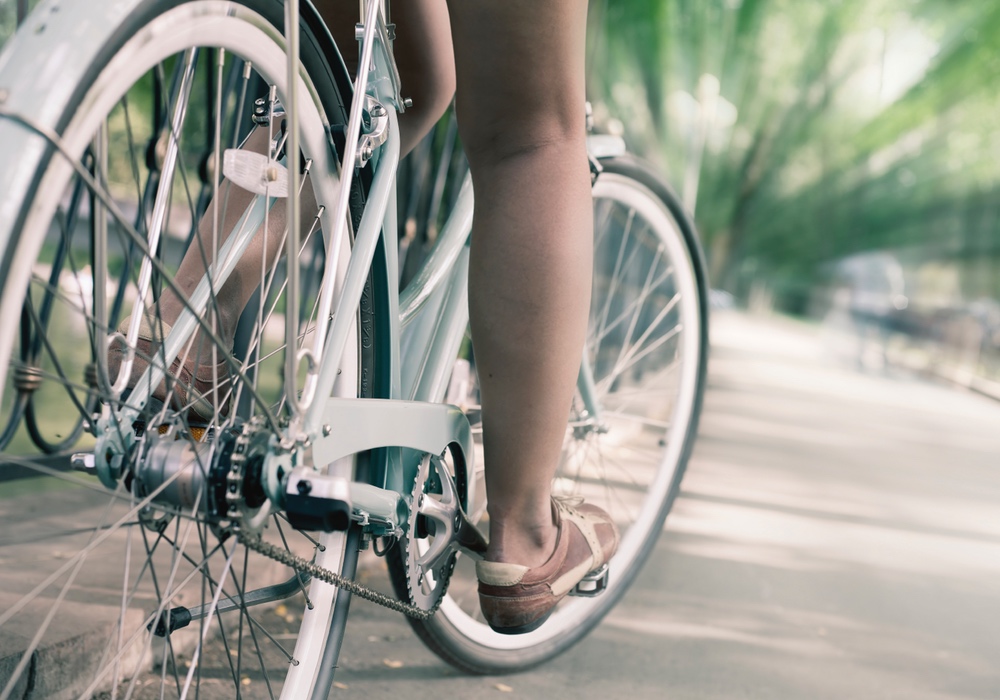Exercise improves attention and focus and academic performance in everyone; so it makes sense that exercise might help people with ADHD to keep their minds on the task at hand. After only 20 minutes of exercise, according to a new study, adults with ADHD reported less confusion, more motivation and more energy when taking on a task.
The exercise in the study was a rather boring cycle ride in a laboratory. The researchers think that exercise that people actually enjoy might work even better.
It's been known for some time that exercise improves people's mood. But there's been little research of the effect of exercise on ADHD.It was only after exercising that the men felt motivated to do the task. They also felt less confused and fatigued and more energetic.
Exercise has none of the problems associated with the prescription drugs often used to treat ADHD, which can be abused, result in dependence or have other undesirable side effects. So the researchers set out to test the effect of a single bout of exercise on ADHD symptoms.
Thirty-two young adult men (18-33) with elevated ADHD symptoms took part in the study. On one day, they cycled for 20 minutes at moderate intensity, while another day they sat and rested for 20 minutes. Both before and after the 20-minute period, they were asked to complete a mental task that required focus and were also given several tests that measured a variety of physical and psychological functions, including mood, attention, motivation and reaction time.
It was only after exercising that the men felt motivated to do the task. They also felt less confused and fatigued and more energetic. Exercise didn't improve their accuracy or reaction time — it helped the young men feel better about doing the task, which helped get them started and stay focused.
With ADHD diagnoses on the rise, there are likely to be more and more people looking for help that does not come in a pill. Some will want this as an alternative to medication, while others will use it in addition to medication.
The study appears in Medicine and Science in Sports and Exercise.





